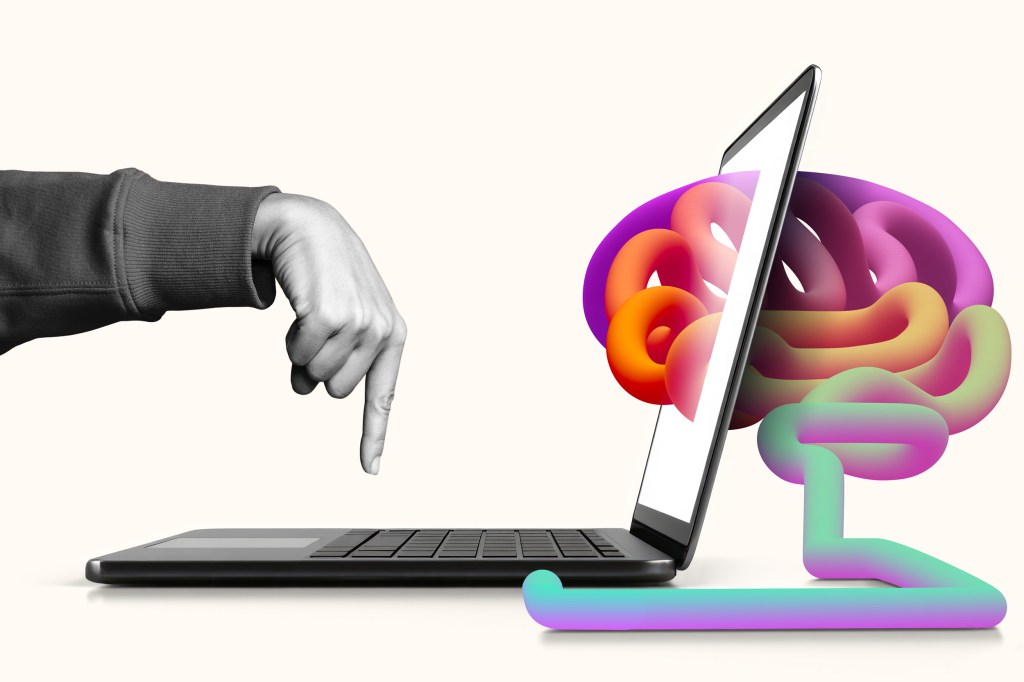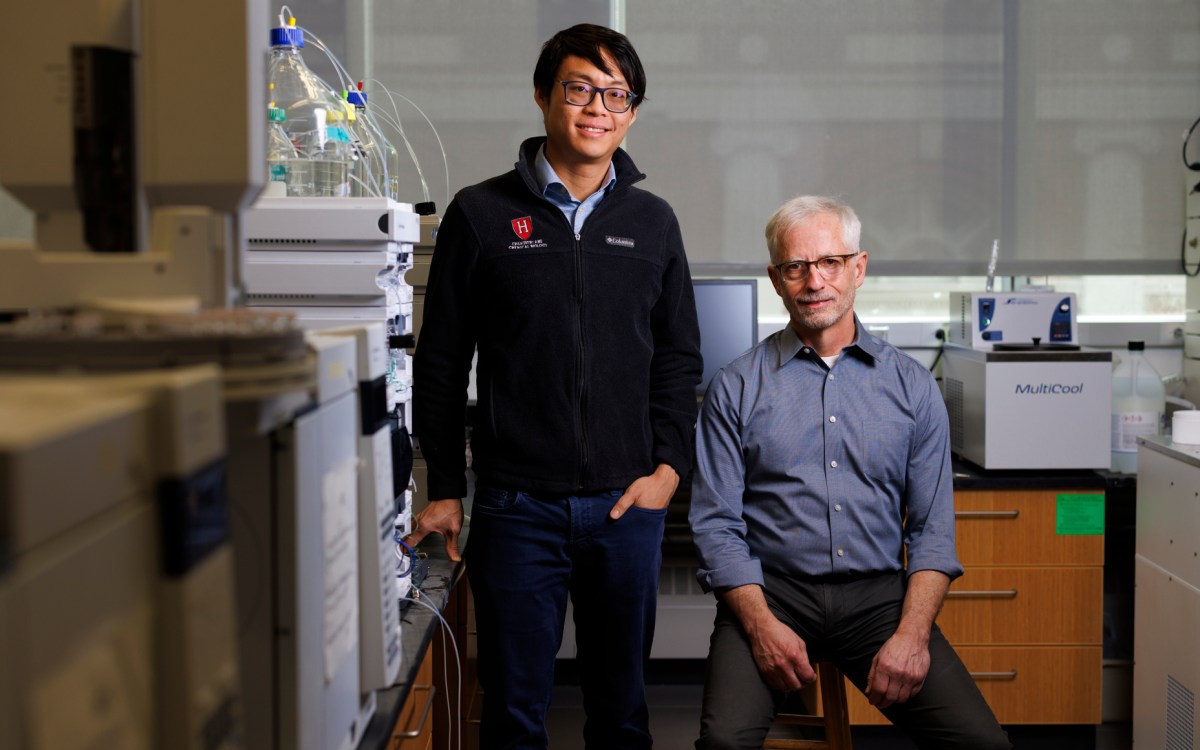Science & Tech
-
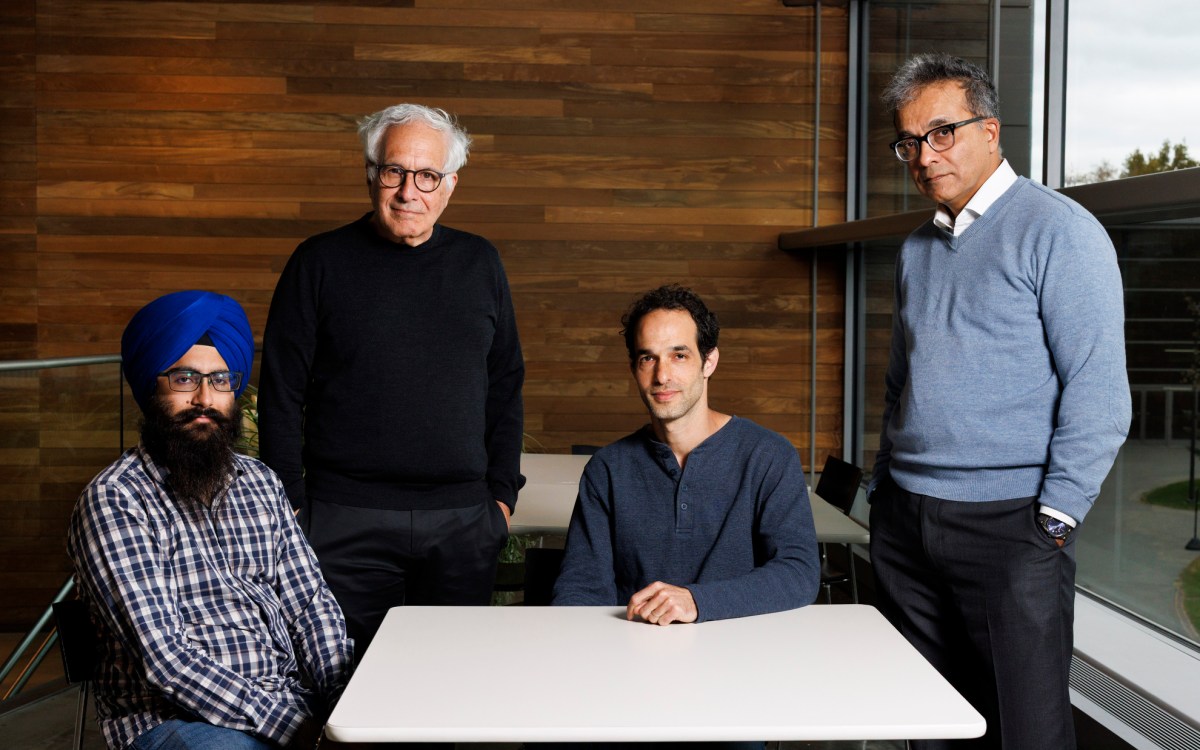
Want to speed brain research? It’s all in how you look at it.
New AI-enhanced scanning method promises to boost quest for high-resolution mapping
-
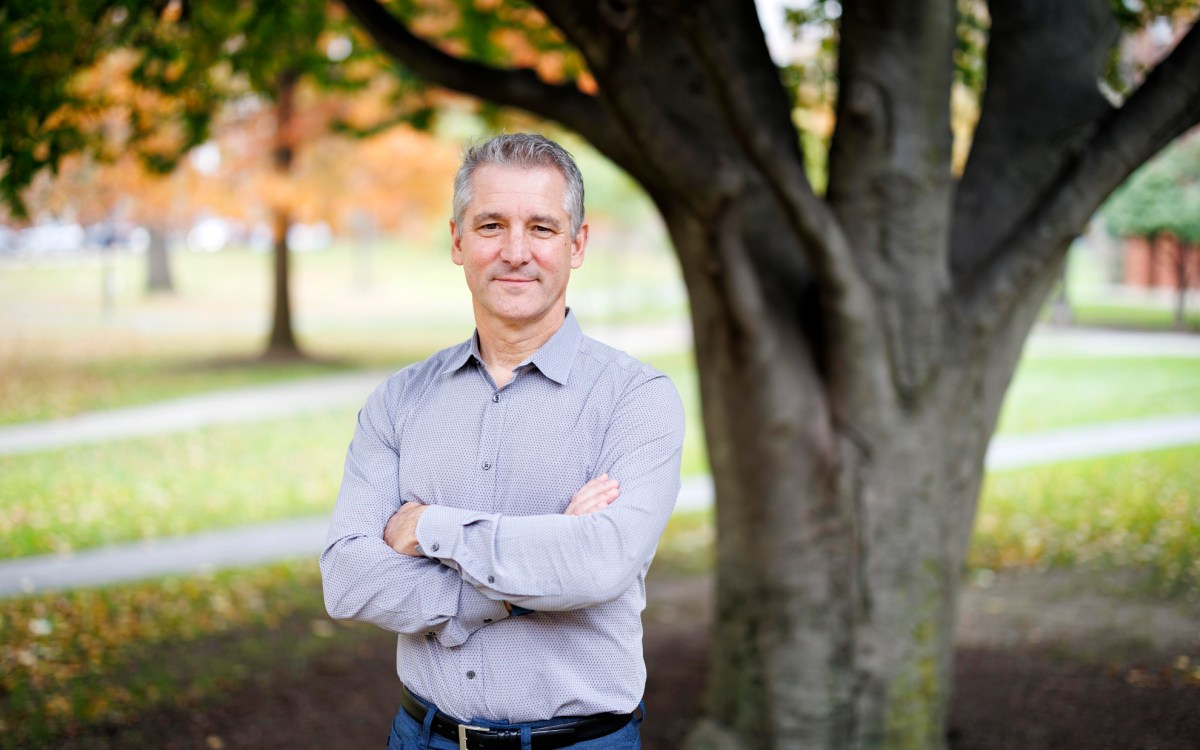
-
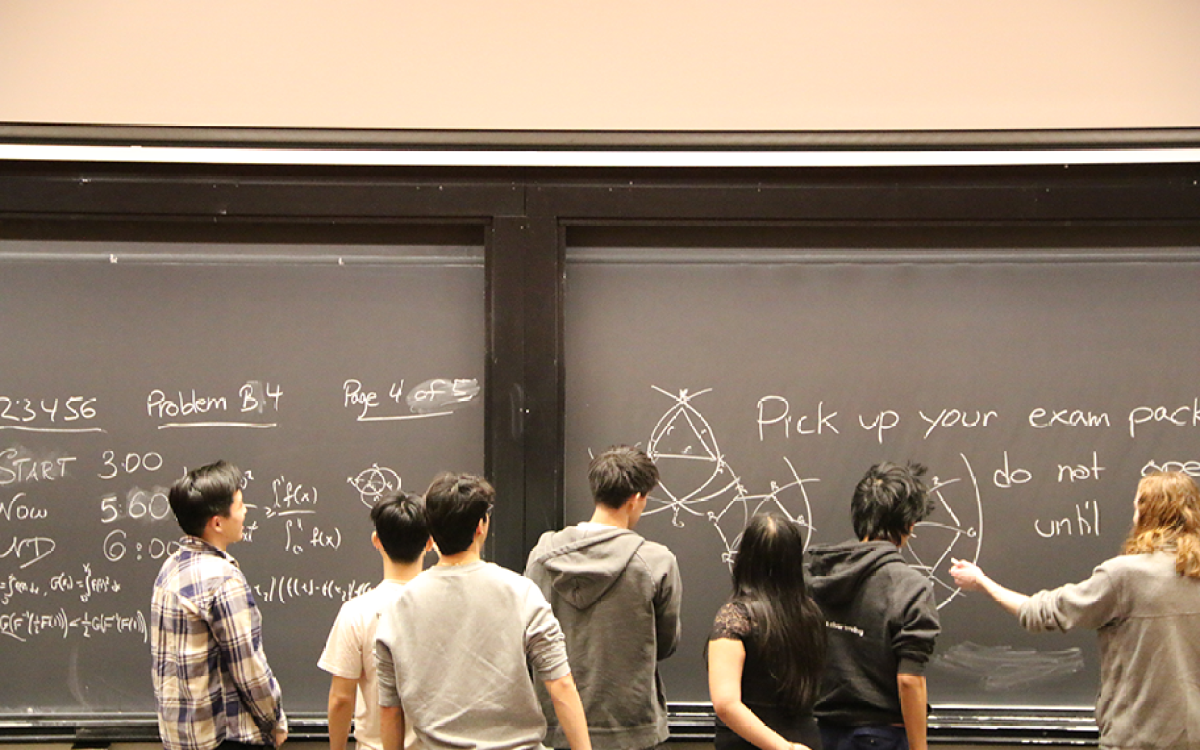
‘It just feels good when you solve the hard problems’
Why do students volunteer to take this notoriously difficult math exam? For the fun of it.
-
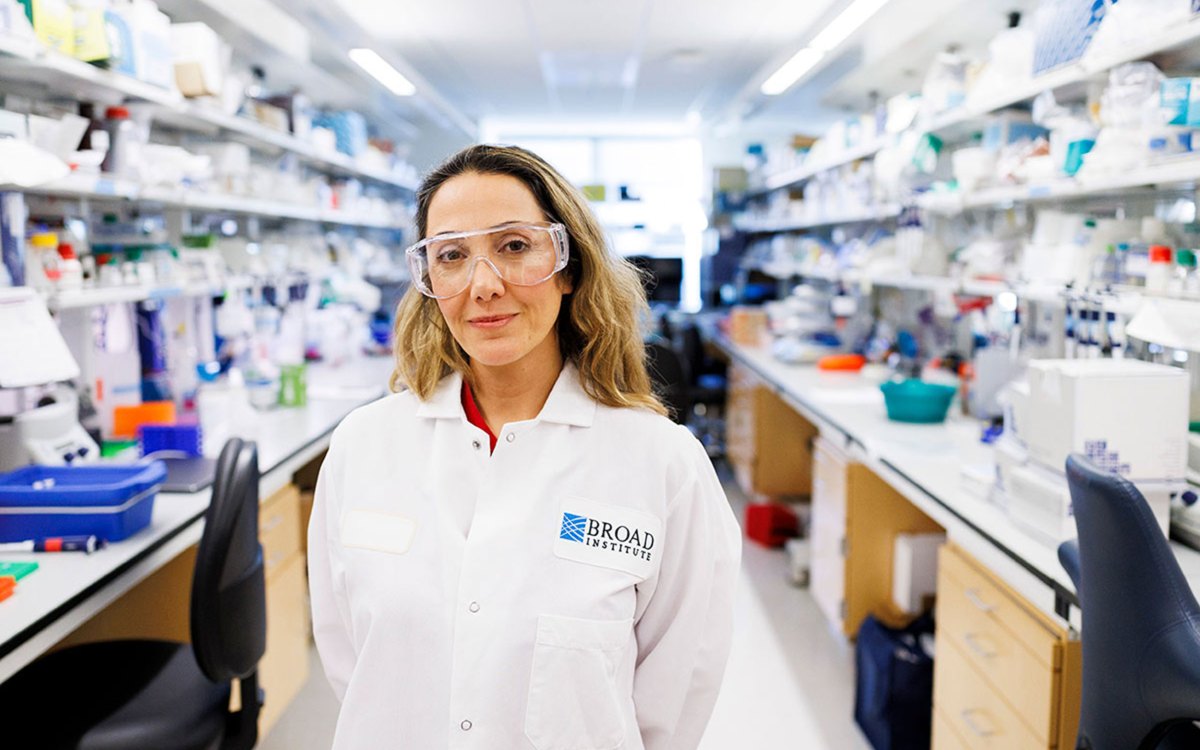
Stopping the next pandemic
Disease surveillance network faced ‘existential cliff’ despite proven success. Then came the $100 million.
-

Rethinking — and reframing — superintelligence
Microsoft researcher says separating AI from people makes systems dangerous and unproductive
-
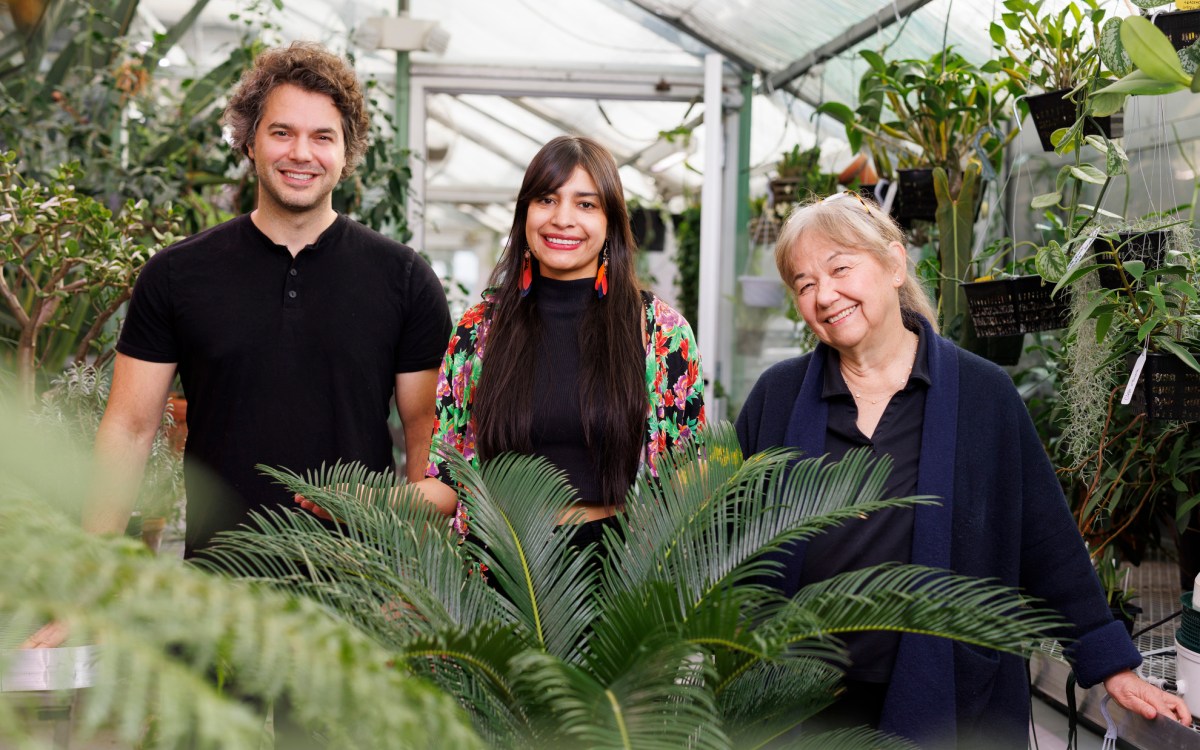
First, male gets heated up, then female, and then, you know
Study shows infrared radiation from plants serves as invitation to pollinating insects
-
How AI could radically change schools by 2050
In Ed School panel, Howard Gardner says tech could make ‘most cognitive aspects of mind’ optional for humans
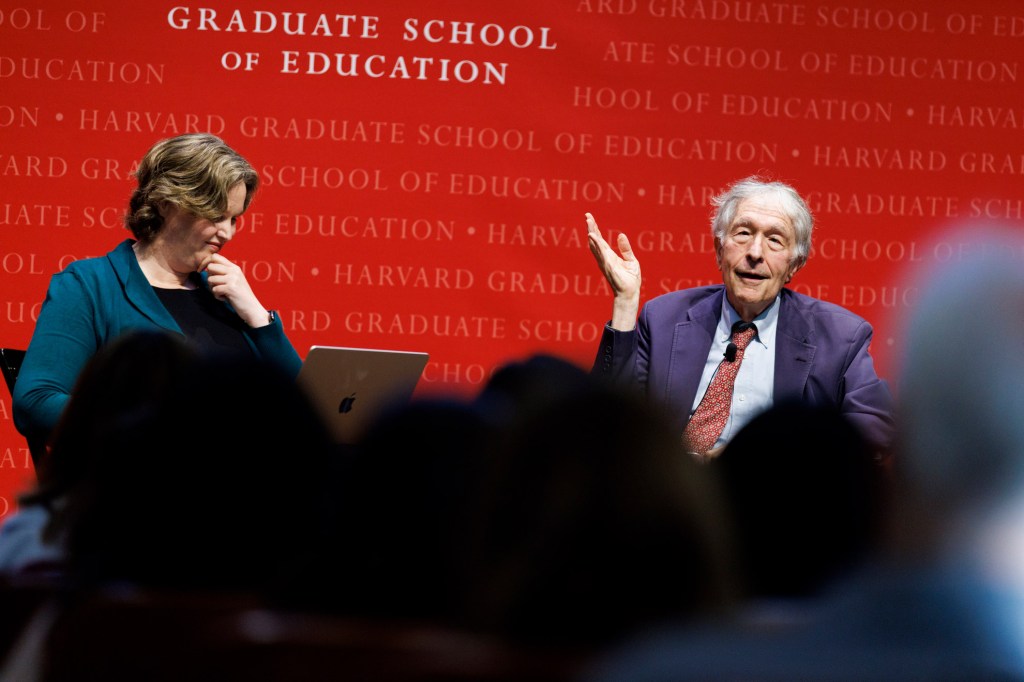
-
Claims of pure bloodlines? Ancestral homelands? DNA science says no.
Geneticist explains recent analyses made possible by tech advances show human history to be one of mixing, movement, displacement
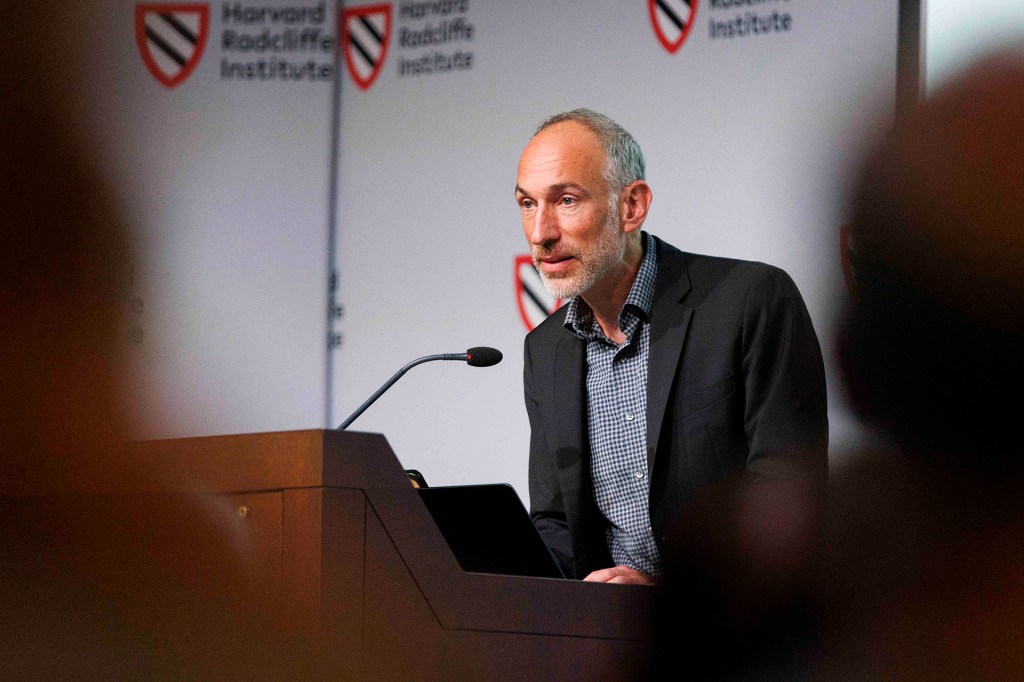
-
His lab’s ancient DNA studies are rewriting human history
Yet federal funding cuts have put next chapter of David Reich’s work in doubt
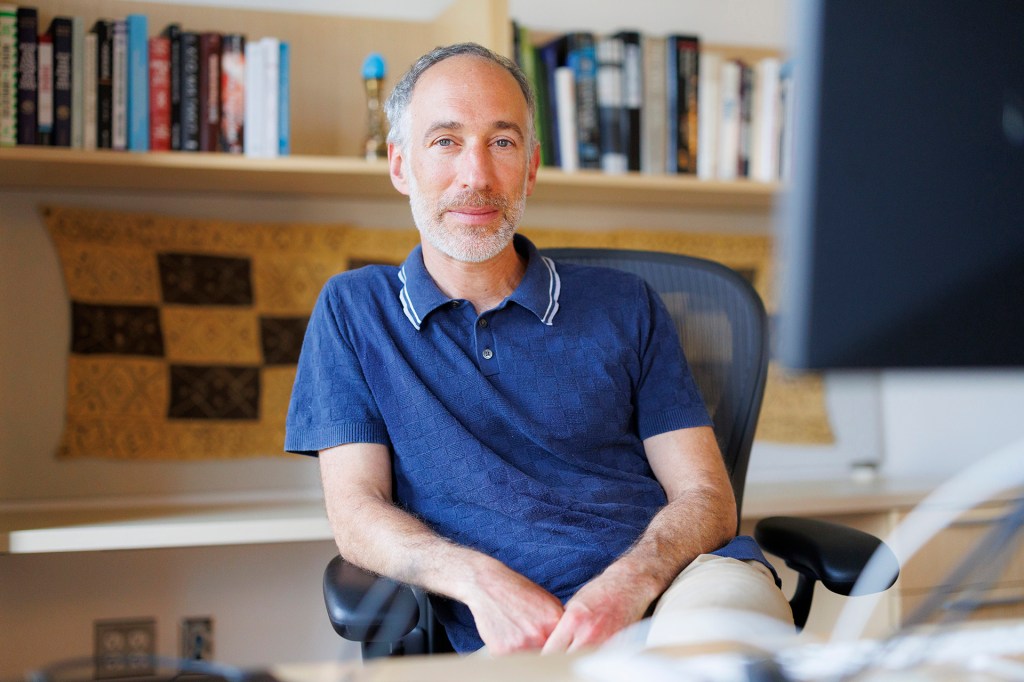
-
A deeper read of unquiet minds
Researchers inch closer to decoding inner speech
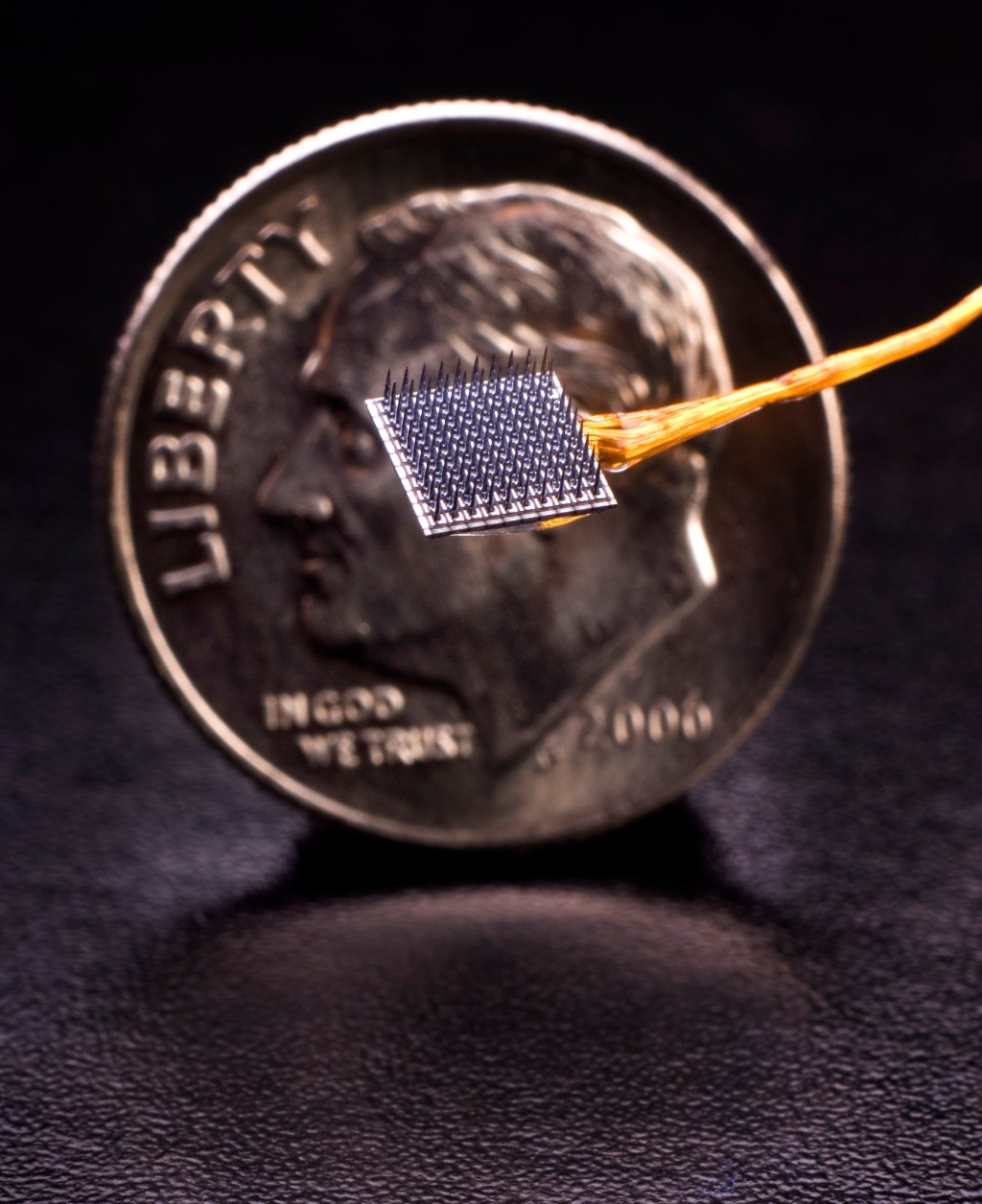
-
How an astronaut calculates risk
With blast-off date approaching, Anil Menon prepares for the ‘impossible’
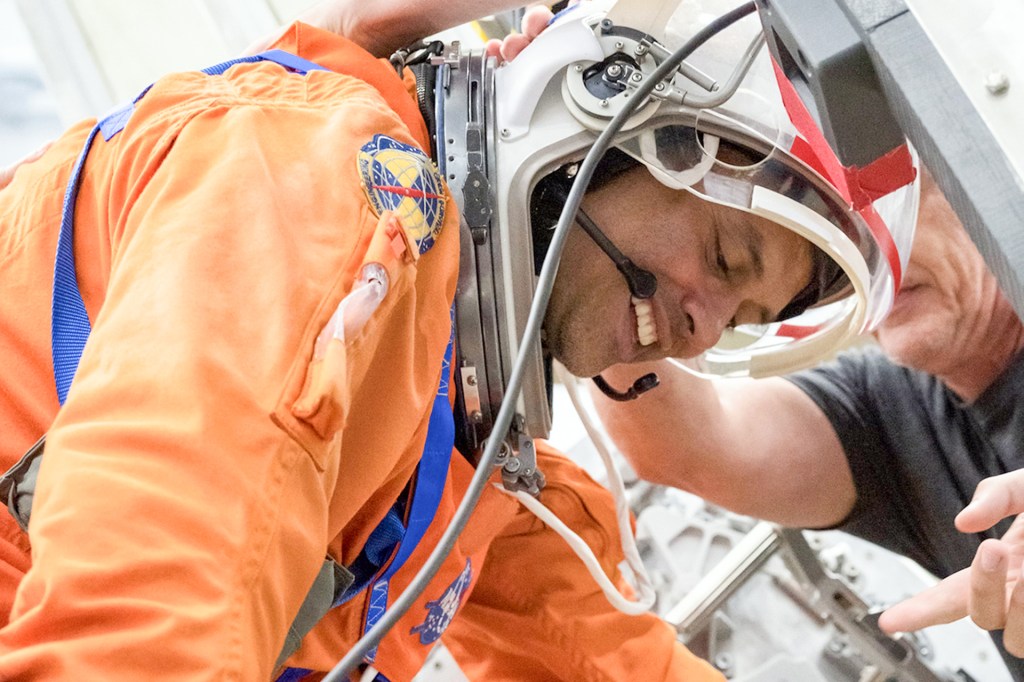
-
Our viral vocabulary
Adam Aleksic — aka the ‘Etymology Nerd’ — discusses how social media algorithms are transforming language
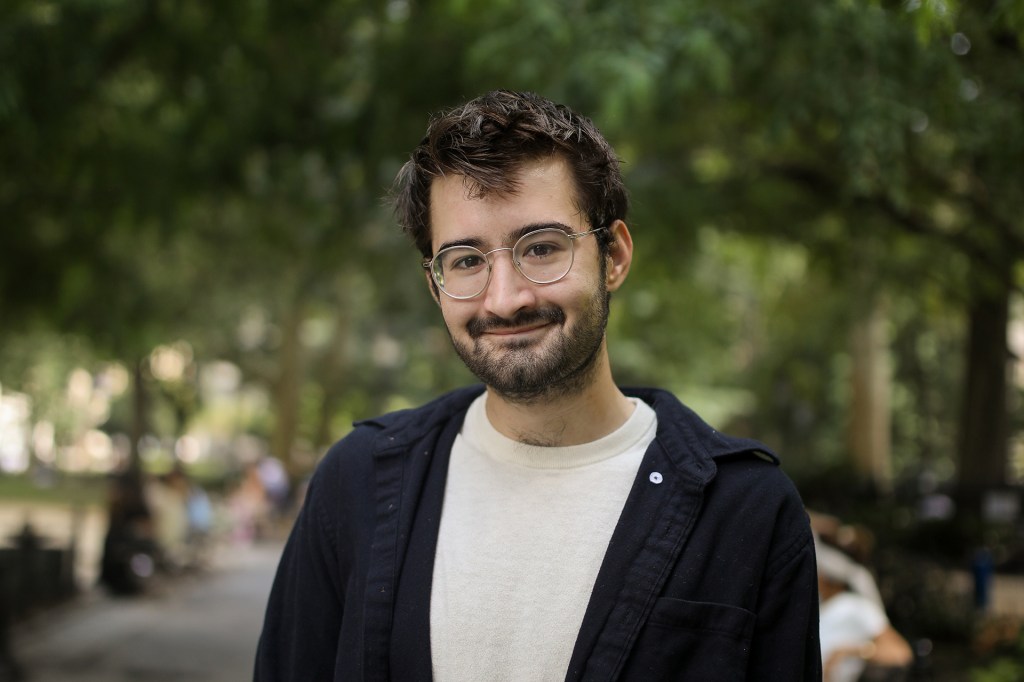
-
What is creativity without sweat and tears?
Philosophers, psychiatrist consider what we lose when we outsource struggle to AI
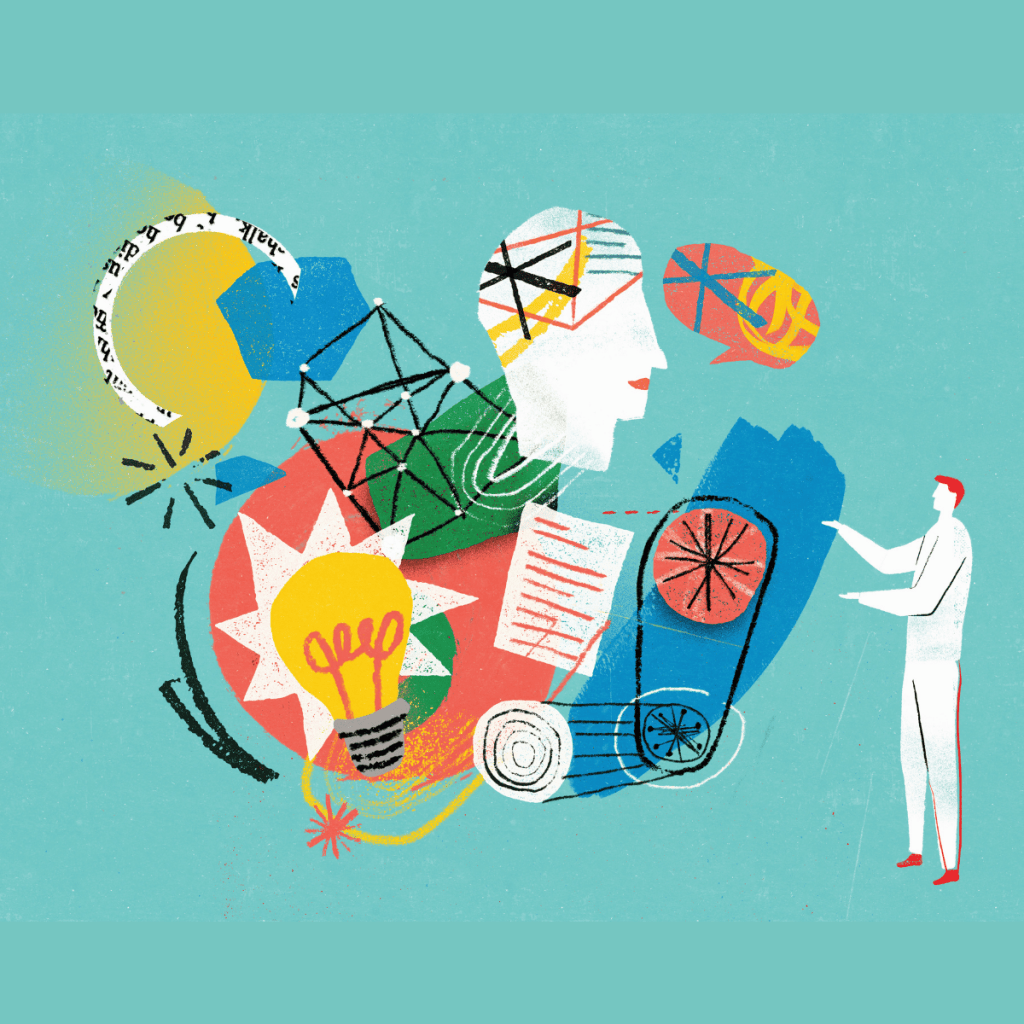
-
How to regulate AI
Scholars from business, economics, healthcare, policy offer insights into areas that deserve close look
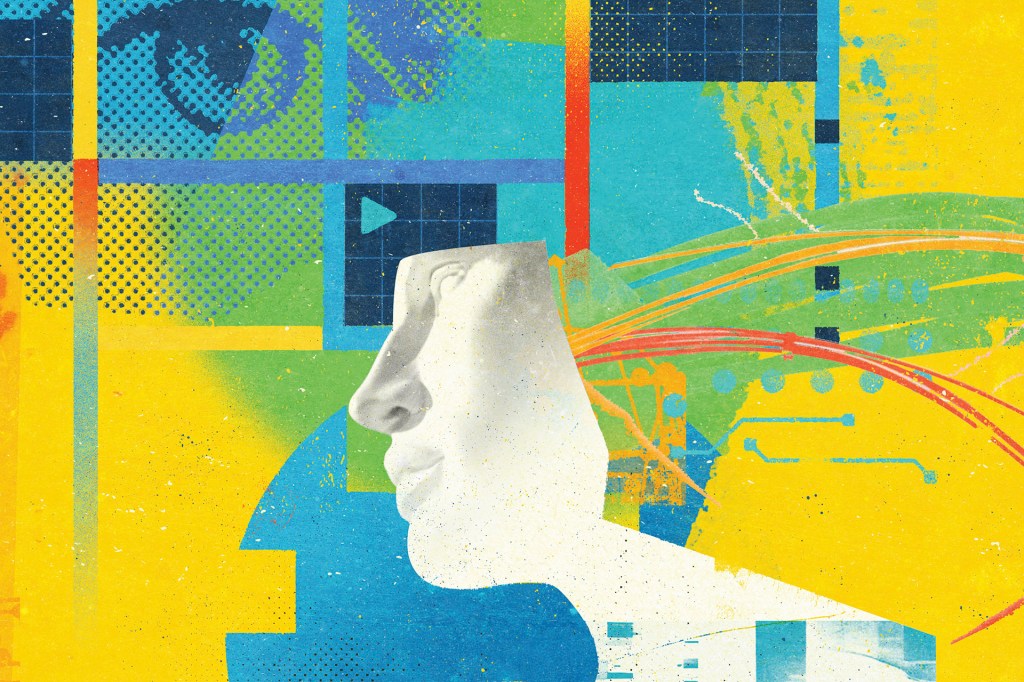
-
Watching history being made
Astrophysicists think mysterious ‘little red dots’ are generated from spinning dark matter, studying them may yield insights into evolution of universe

-
A smell test for science
Researcher outlines vision for implants that could help patients reclaim vital connection with their surroundings

-
Seeking a carbon-capture breakthrough
Chemist Richard Liu harnesses sunlight to trap greenhouse gases
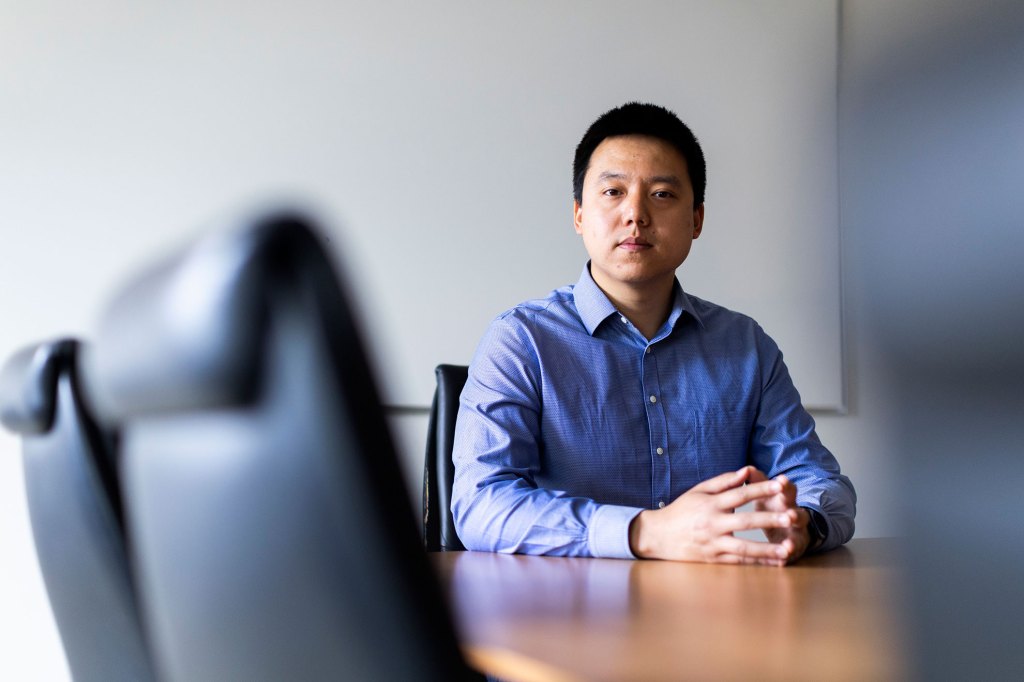
-
Solving evolutionary mystery of how humans came to walk upright
New study identifies genetic, developmental shifts that resculpted pelvis, setting ancestors apart from other primates

-
Seeding solutions for bipolar disorder
Brain Science grants promote new approaches to treat the condition and discover underlying causes
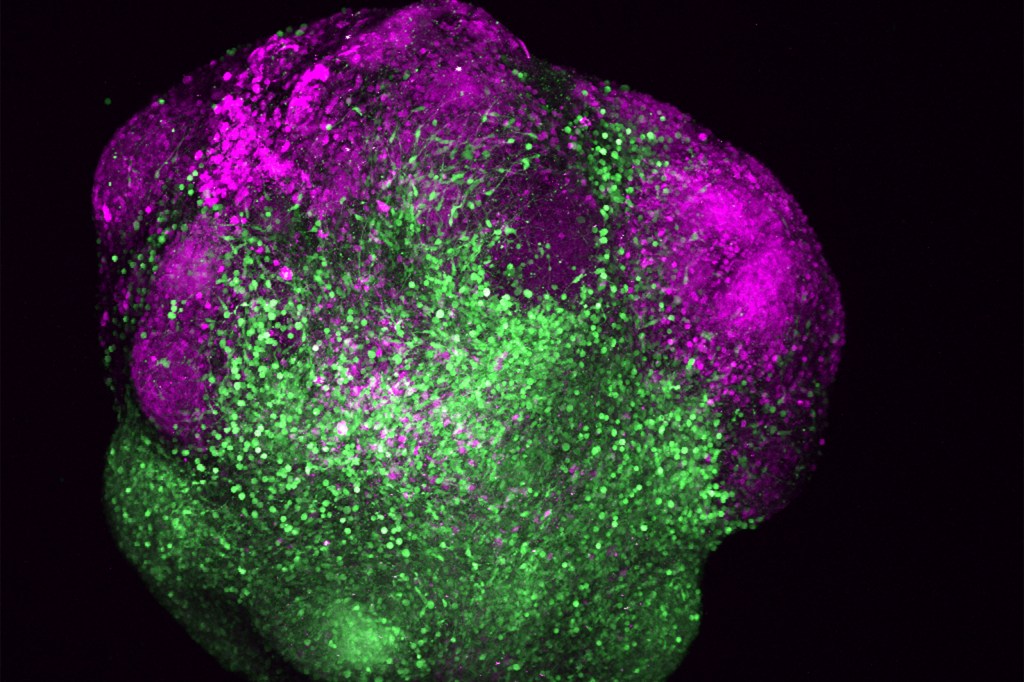
-
Researchers uncover surprising limit on human imagination
Humans can track a handful of objects visually, but their imaginations can only handle one
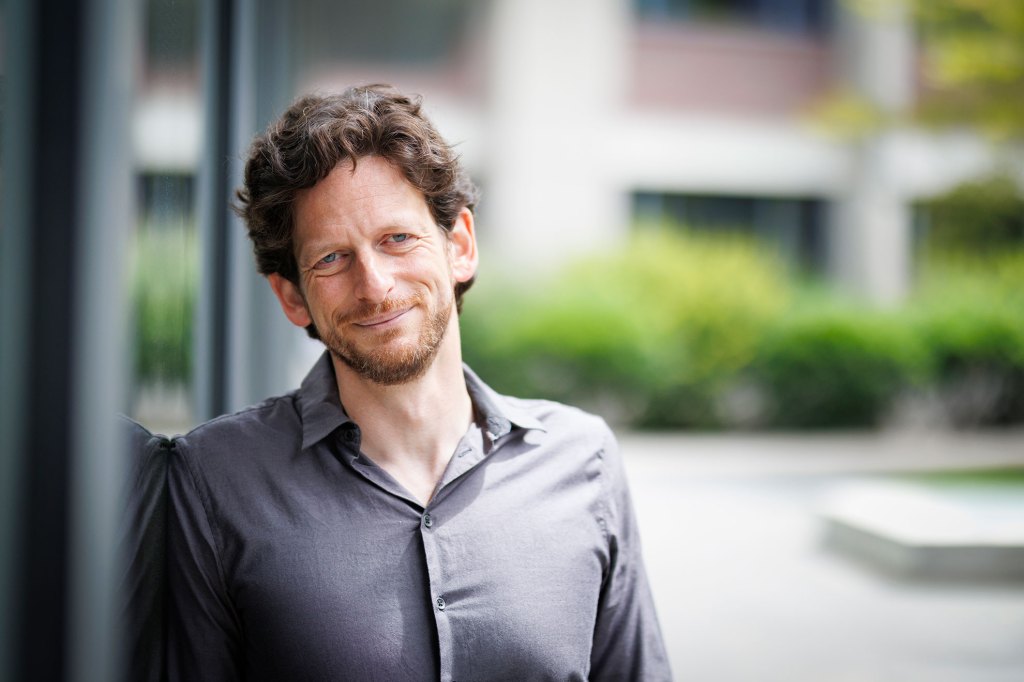
-
Possible clue into movement disorders like Parkinson’s, others
Rodent study suggests different signaling ‘languages’ in parts of brain for learned skills, natural behaviors
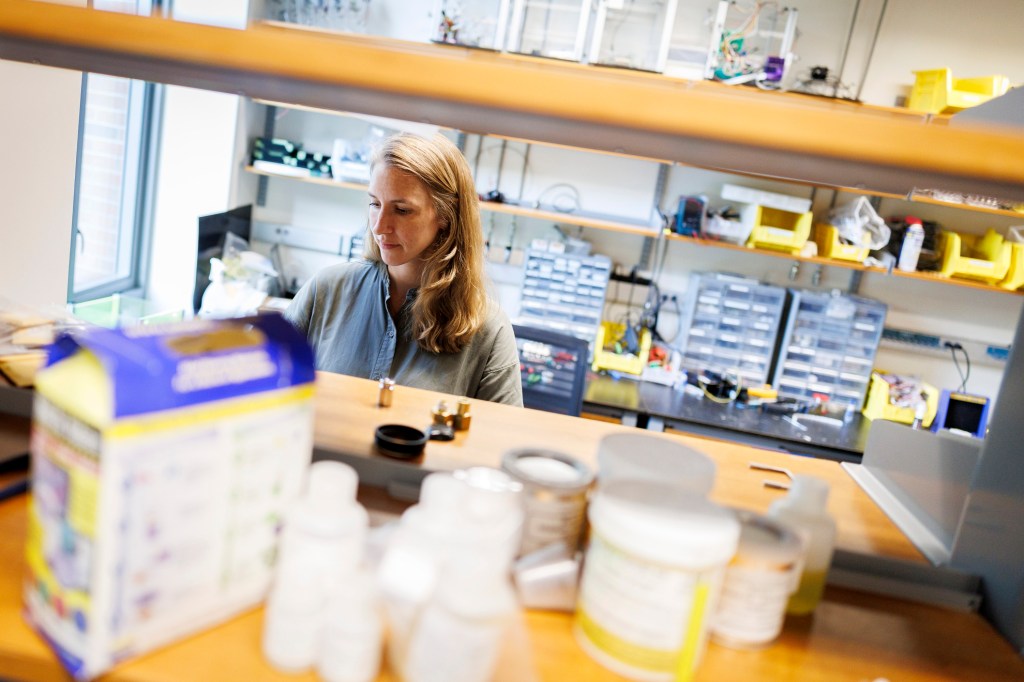
-
‘Turning information into something physical’
Houghton exhibit looks at how punched cards — invented 300 years ago to streamline weaving — led to modern computing
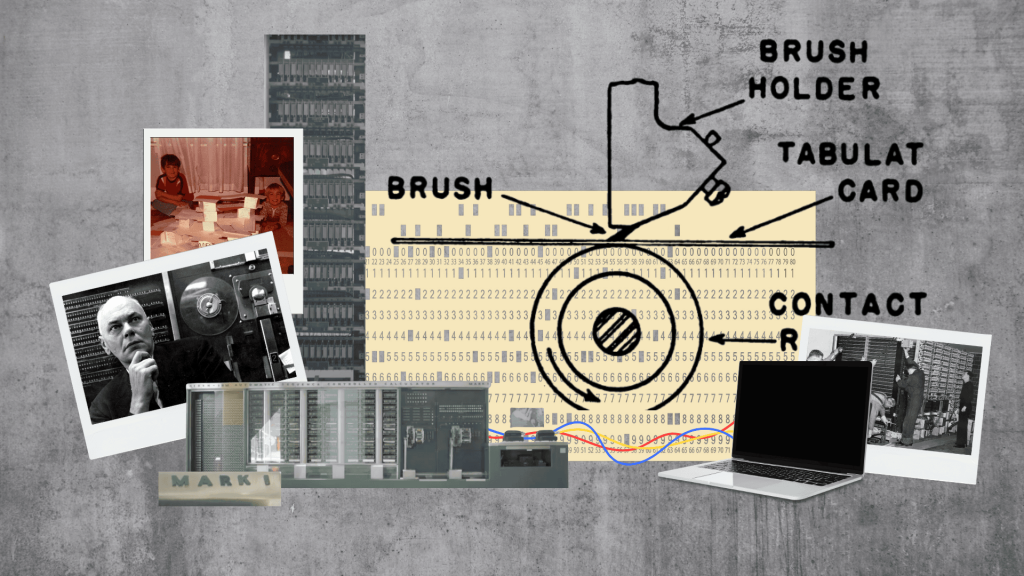
-
How do math, reading skills overlap? Researchers were closing in on answers.
Grant terminated at critical point of ambitious study following students for five years
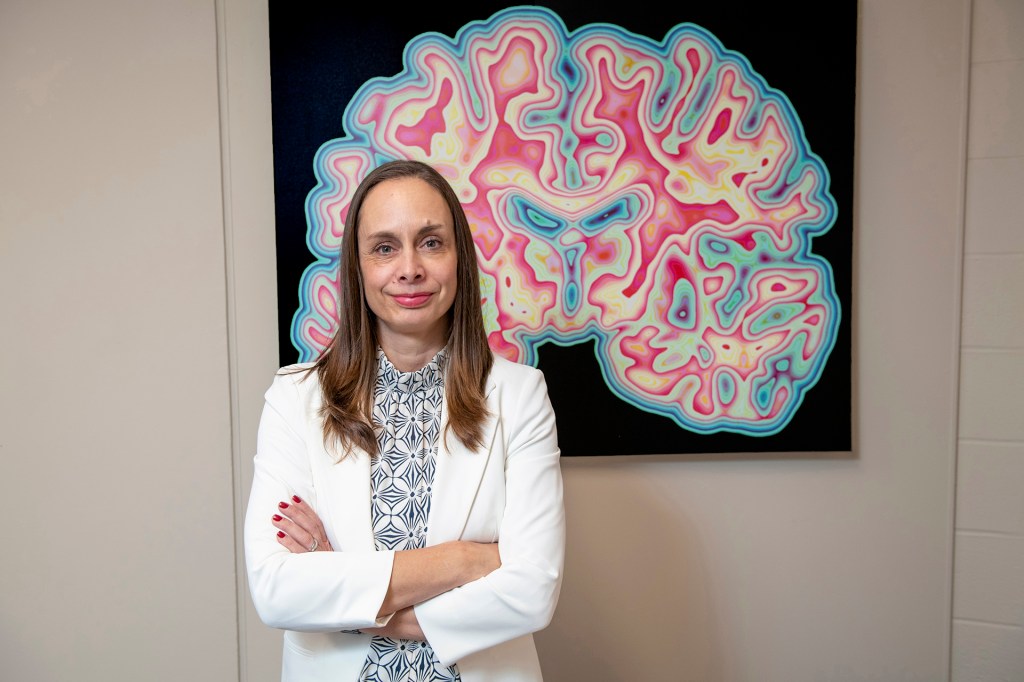
-
AI leaps from math dunce to whiz
Experts describe how rapid advances are transforming field and classroom and expanding idea of what’s possible — ‘sky’s the limit’

-
Taking a second look at executive function
New study suggests what has long been considered innate aspect of human cognition may be more a matter of schooling
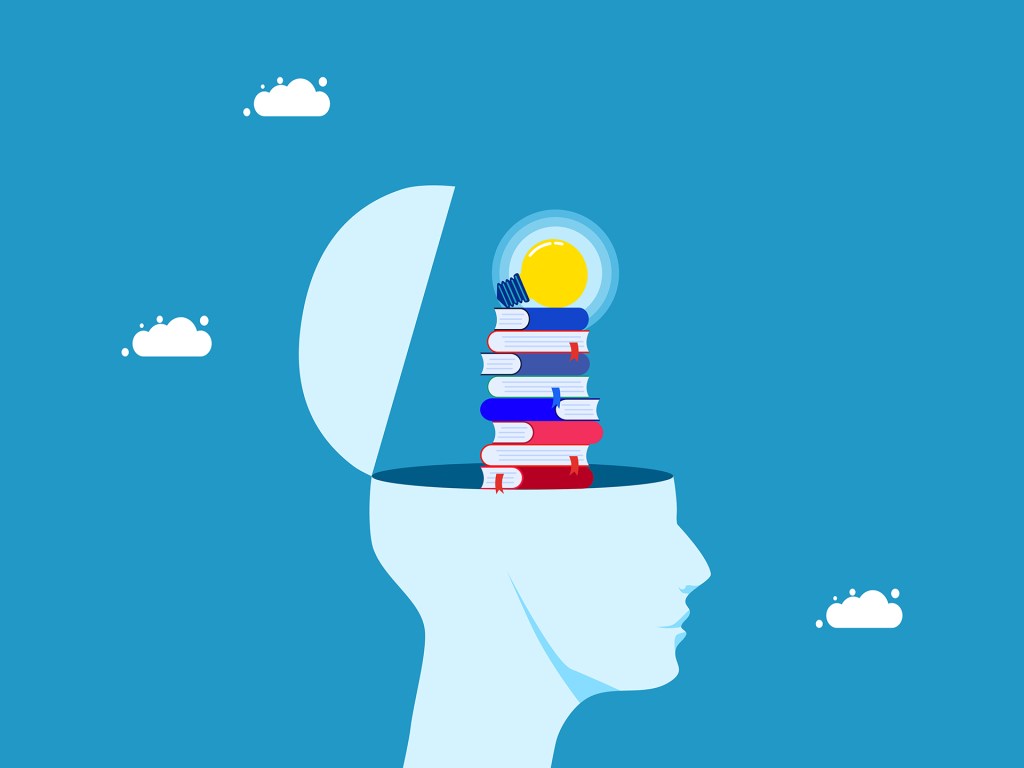
-
You’re a deer mouse, and bird is diving at you. What to do? Depends.
Neural study shows how evolution prepared two species to adopt different survival strategies to take advantage of native habitats
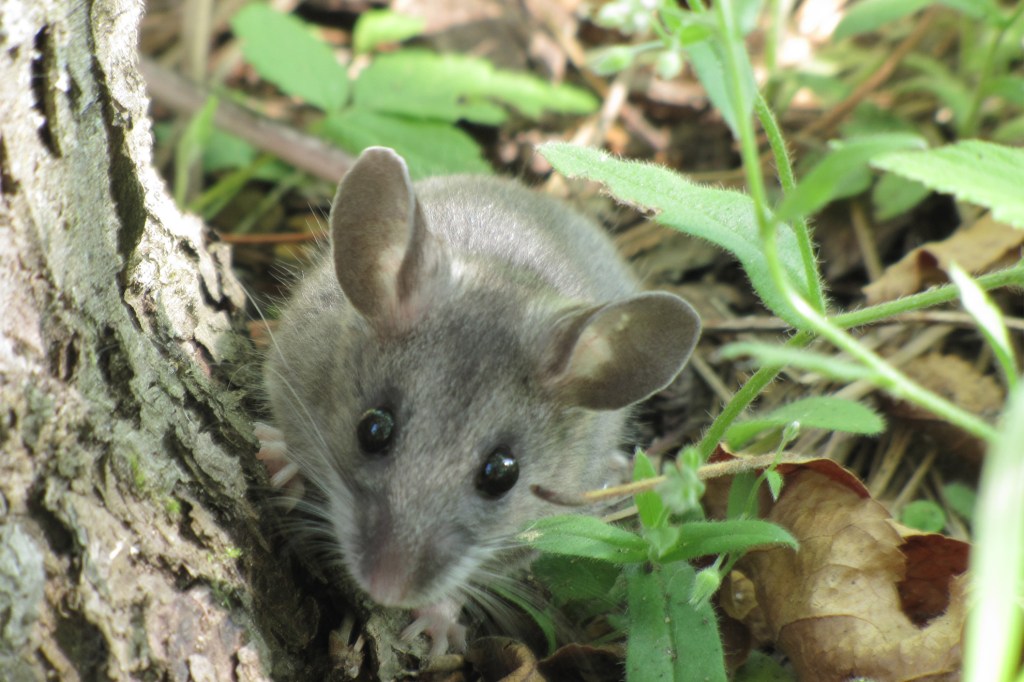
-
A step toward solving central mystery of life on Earth
Experiment with synthetic self-assembling materials suggests how it all might have begun
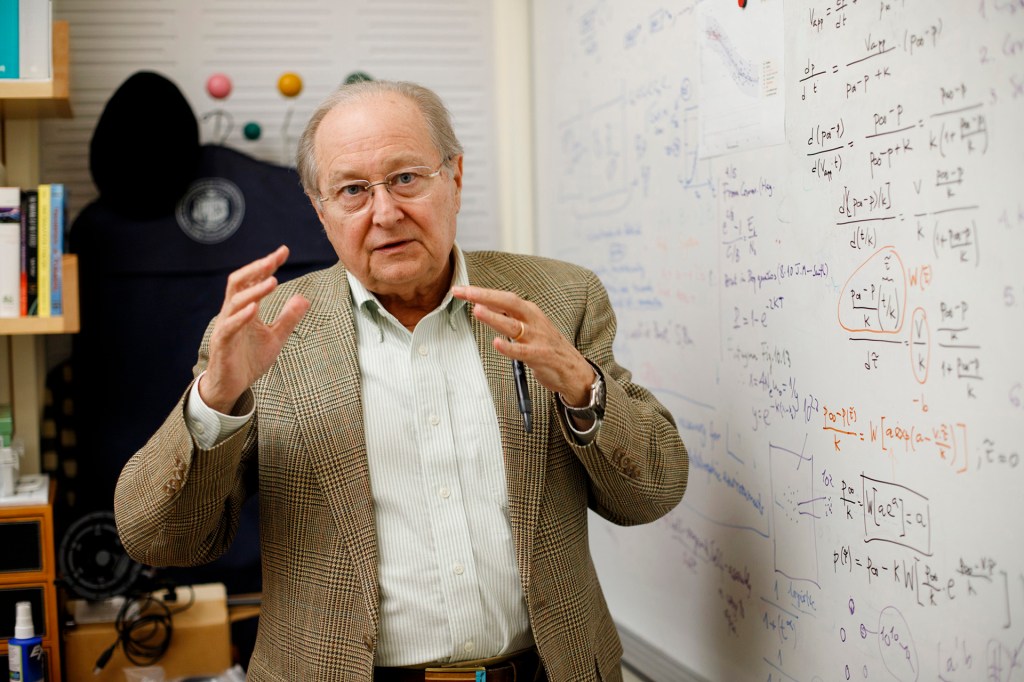
-
Snapshots from front lines of federal research funding cuts
Faculty detail scramble to save work and talented researchers, both those in labs and in pipeline
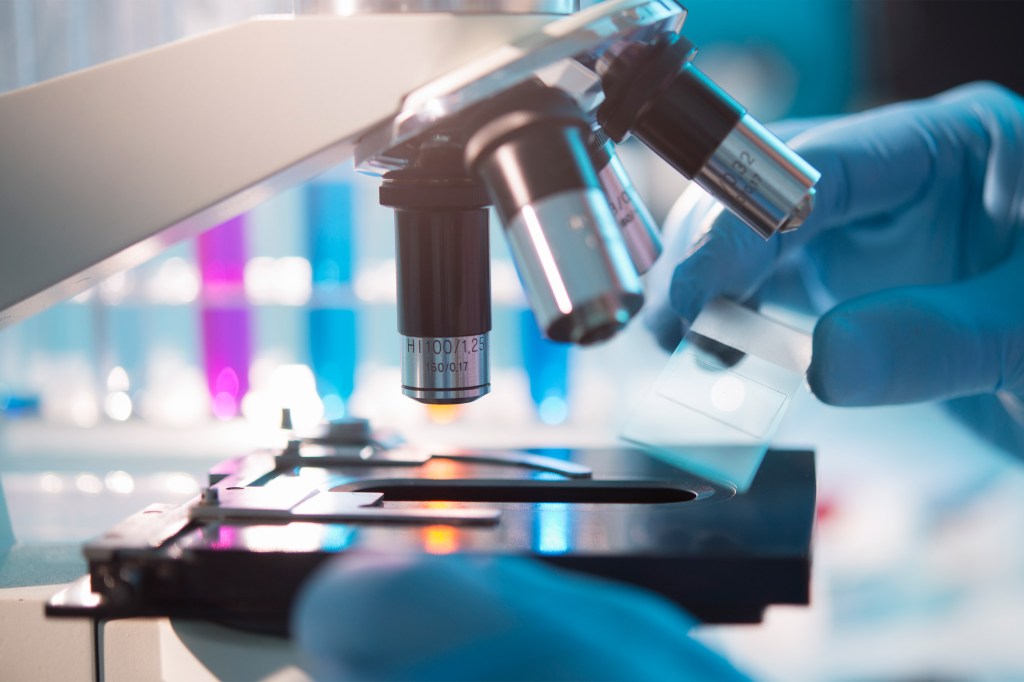
-
Does AI understand?
It may be getting smarter, but it’s not thinking like humans (yet), say experts

-
Ancient DNA solves mystery of Hungarian, Finnish language family’s origins
Parent emerged over 4,000 years ago in Siberia, farther east than many thought, then rapidly spread west
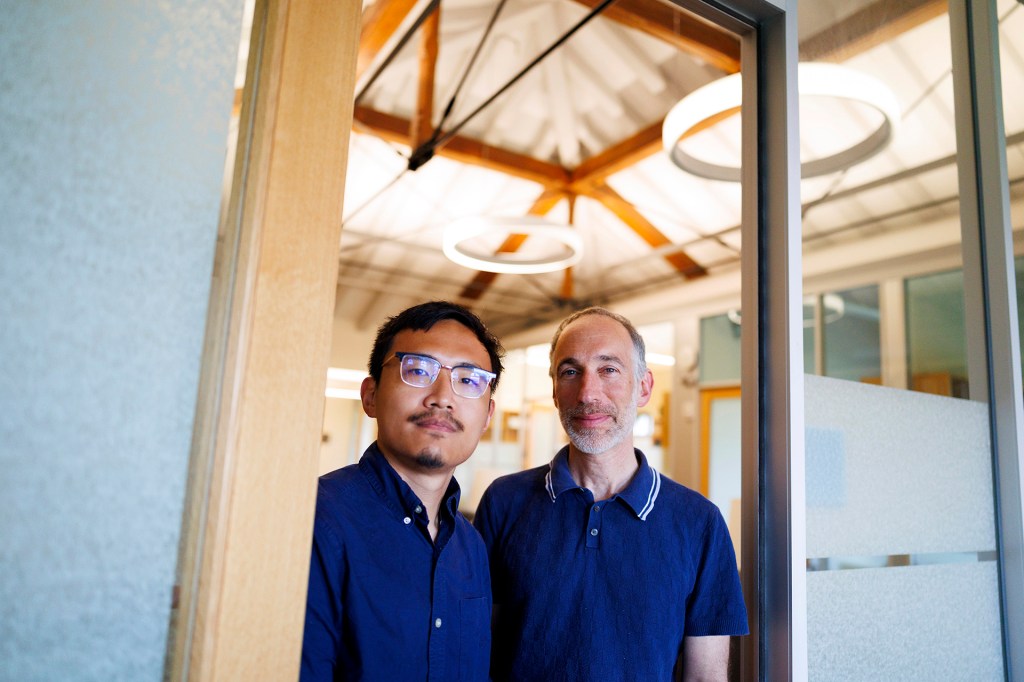
-
Hot dispute over impact
Harvard team argues oldest meteorite strike to Earth may be more recent, smaller than claimed; site may offer hints on asteroid craters, life on Mars
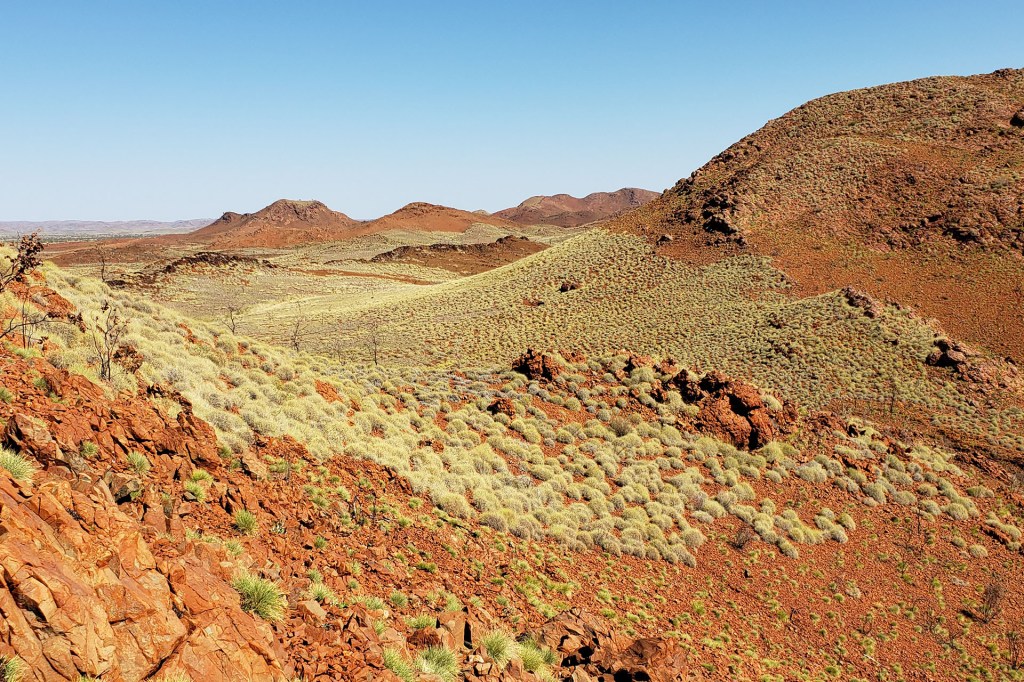
-
Long in the tooth
Research finds 18-million-year-old enamel proteins in mammal fossils, offering window into how prehistoric animals lived, evolved
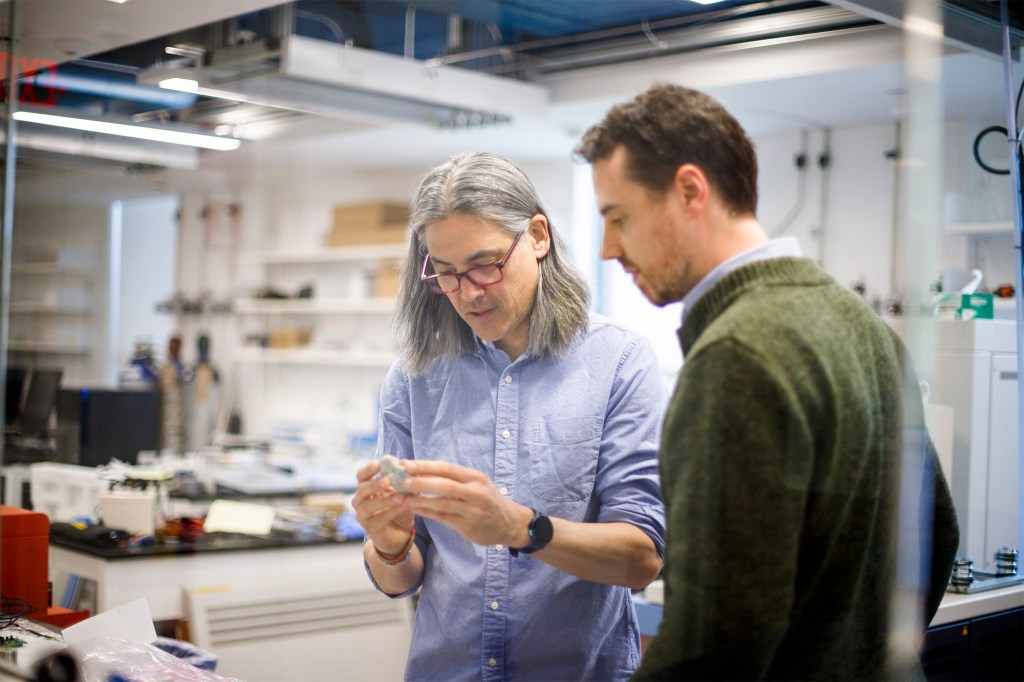
-
3 tech solutions to societal needs will get help moving to market
Projects targeting heart health, data demands, quantum computing win Grid Accelerator awards
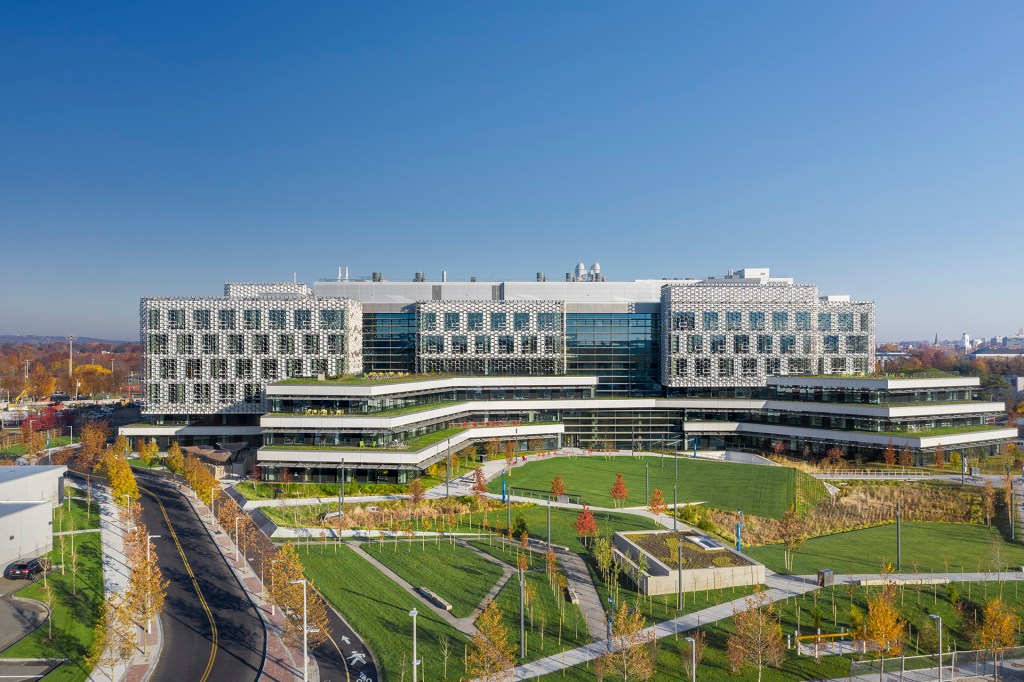
-
Mounting case against notion that boys are born better at math
Elizabeth Spelke studies French testing data, finds no gender gap until instruction begins
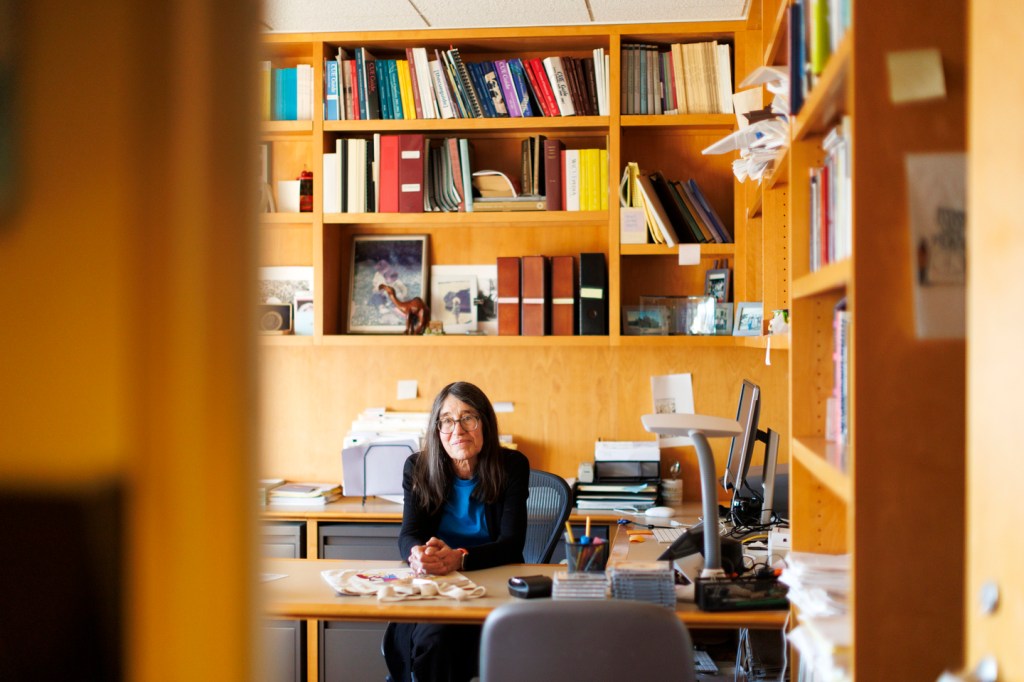
-
Highly sensitive science
David Ginty probes pleasure and pain to shed light on autism and other conditions
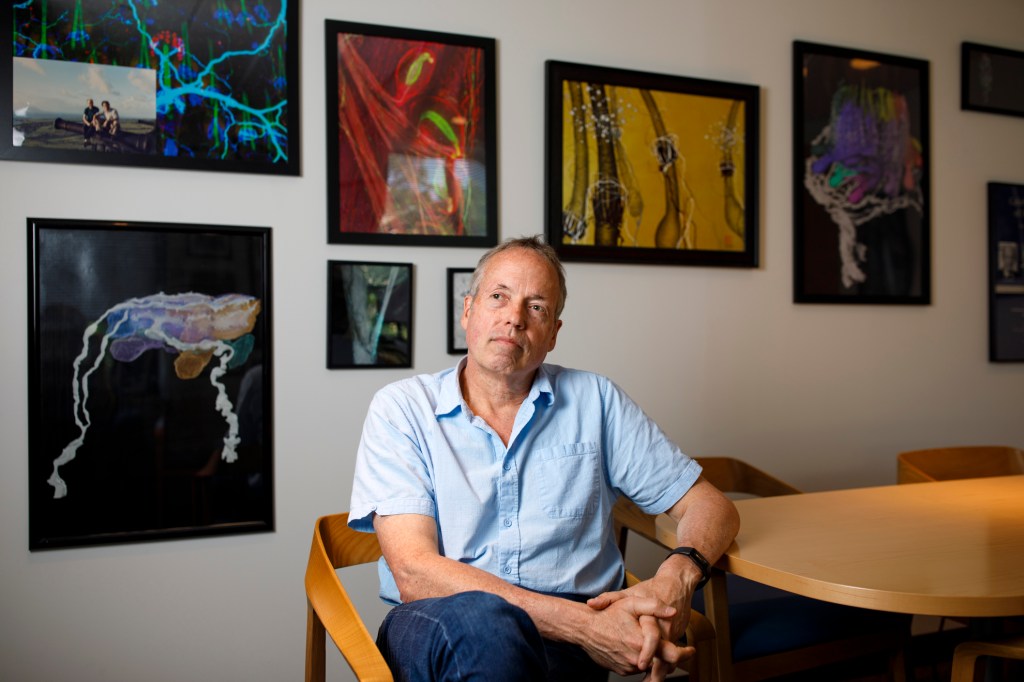
-
Can AI be as irrational as we are? (Or even more so?)
Psychologists found OpenAI’s GPT-4o showing humanlike patterns of cognitive dissonance, sensitivity to free choice
